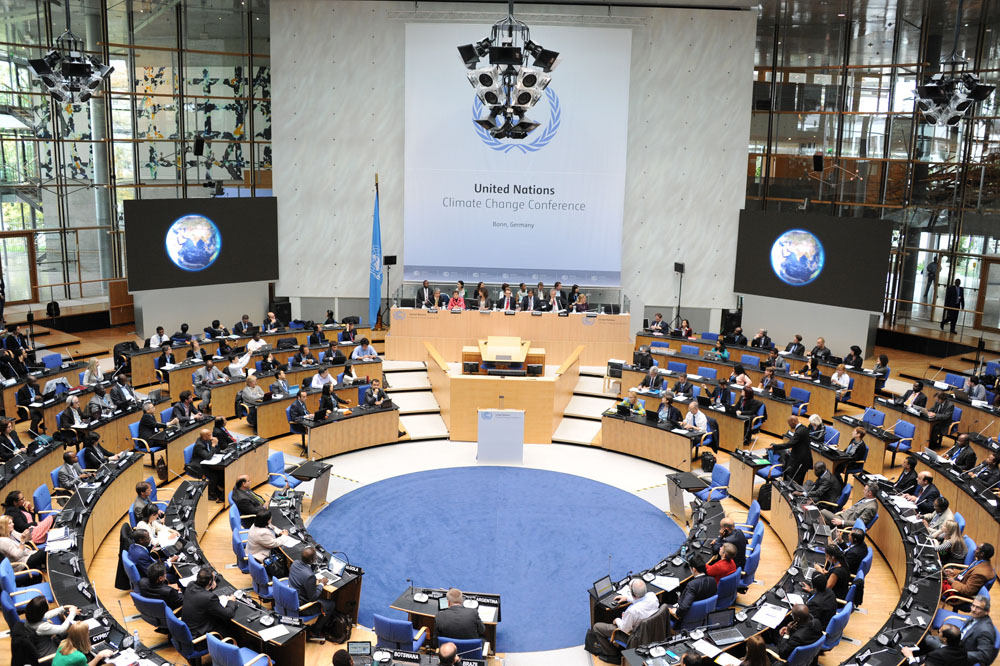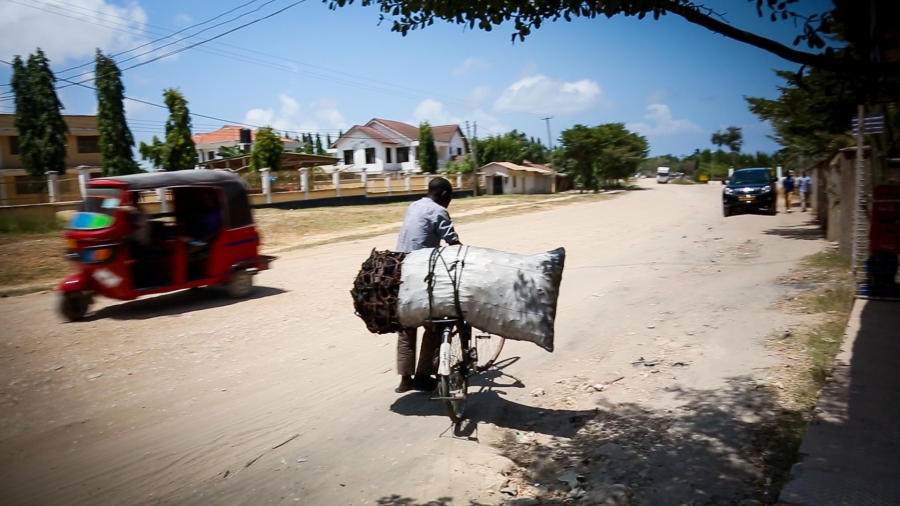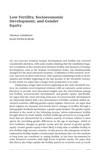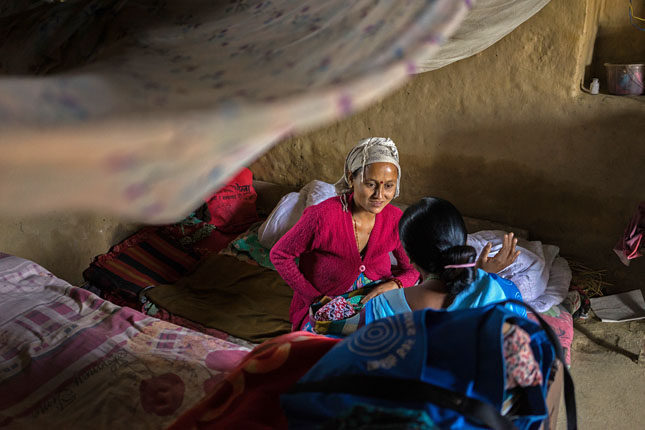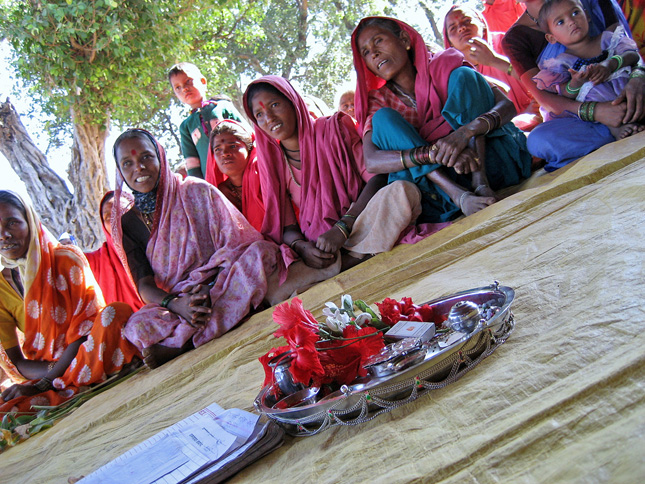-
What’s the Impact of China’s Cap-and-Trade Program?
›China’s announcement of a nationwide cap-and-trade program is a sign that the government is serious in its “war against pollution,” says China Environment Forum Director Jennifer Turner, and it may help move the climate change discussion in the United States too.
-
Finding the Path: Increasing Contraceptive Choice in Africa’s Most Populous Countries
›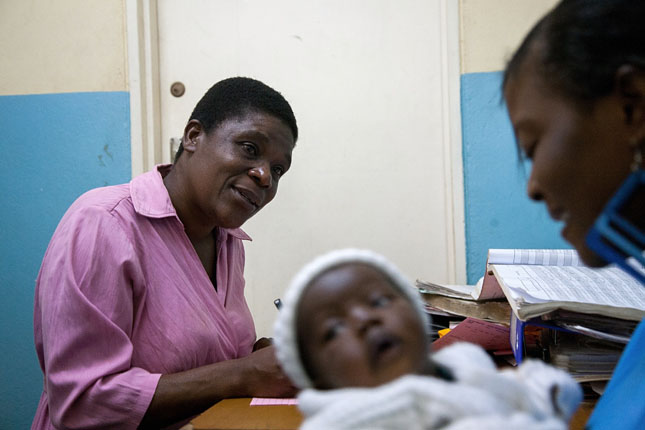
More than 225 million women in developing countries want to avoid or delay pregnancy but are not using safe, modern, and effective contraceptive methods. Such a gap between women’s contraceptive behavior and reproductive goals is called an unmet need for family planning, and no region has more unmet need than sub-Saharan Africa. [Video Below]
-
Managing Expectations for the Paris Climate Conference and Beyond
›The focus of the global community on the outcomes of the Paris Conference of Parties (COP) to the UN Framework Convention on Climate Change (UNFCCC) in December is unprecedented. The world awaits, anticipating the details of an international and legally-binding agreement to address climate change. [Video Below]
-
Sam Eaton, PRI’s The World
Tanzania Tries to Turn Charcoal Trade From Enemy to Friend of the Forest
›October 28, 2015 // By Wilson Center Staff -
The “Gender-Equity Dividend,” and the Education Effect on Climate Change Adaptation and Mitigation
› By comparing “first wave” developing countries, like Sweden and the United States, to “second wave” developers, like South Korea and Japan, Thomas Anderson and Hans-Peter Kohler of the University of Pennsylvania seek to explain why countries that underwent socioeconomic development in the first half of the 20th century have slightly higher fertility levels than those that developed later. Despite “both sets of countries attaining high income and generally low fertility, contemporary gender norms and levels of gender equity differ between them,” write Anderson and Kohler in a new study in Population and Development Review.
By comparing “first wave” developing countries, like Sweden and the United States, to “second wave” developers, like South Korea and Japan, Thomas Anderson and Hans-Peter Kohler of the University of Pennsylvania seek to explain why countries that underwent socioeconomic development in the first half of the 20th century have slightly higher fertility levels than those that developed later. Despite “both sets of countries attaining high income and generally low fertility, contemporary gender norms and levels of gender equity differ between them,” write Anderson and Kohler in a new study in Population and Development Review. -
A Little Bit of Sugar Helps the Pill Go Down: Resilience, Peace, and Family Planning
›October 26, 2015 // By Roger-Mark De Souza
A recent article by Malcolm Potts, Aafreen Mahmood, and Alisha Graves of the University of California Berkeley’s OASIS Initiative notes that family planning has an important role to play in building peace by increasing women’s empowerment and their agency. “The pill is mightier than the sword,” as they put it.
-
Rachel Stern, Thomson Reuters Foundation
Despite Rising Concern, Climate Change Often Put on Back Burner in Conflict Zones
›October 23, 2015 // By Wilson Center Staff
Barren barley and wheat fields stretch across the dry landscape of northern Afghanistan, the result of persistent drought and flash flooding that has left thousands of people facing food shortages and loss of work.
-
In India, Lower Castes and Tribals Being Left Behind in Maternal Health
›
Maternal mortality causes 56,000 deaths every year in India, accounting for 20 percent of maternal deaths around the world. Women who are born into the lower castes or are tribals – India’s indigenous groups – are especially likely to lack access to quality health care. Over 40 percent of these women also belong to the lowest wealth quintile.
 A Publication of the Stimson Center.
A Publication of the Stimson Center.

